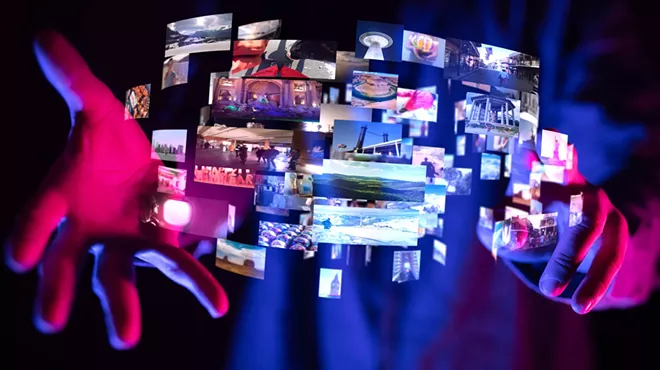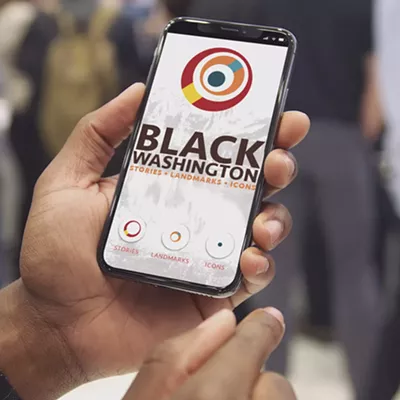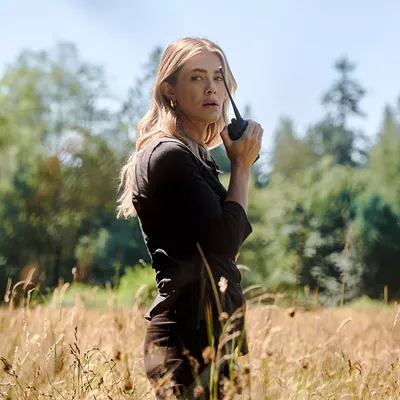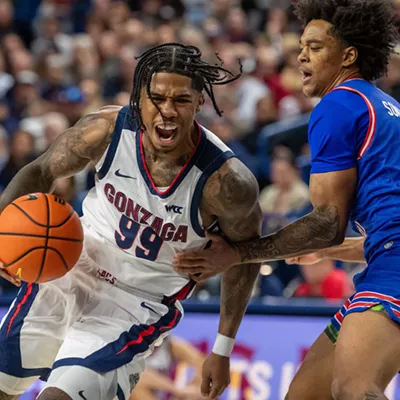I am so tired of being entertained.
I grant you this is among the most privileged, annoying statements fathomable, but it's indicative of our digital age.
I love having endless media options at our fingertips, but it's literally exhausting.
It drove me batty that people complained about being bored during the onset of the pandemic in early 2020, when the majority of human artistic creation is now a couple clicks away on a phone or laptop. We're blessed to have this cornucopia, but it's also become burdensome.
A quick glance at things burdening my mental entertainment checklist at present: the most recent seasons of Pen15, the final season Brooklyn Nine-Nine, every 2022 episode of Saturday Night Live, all of which are just the tip of the TV iceberg; the second half of video game Horizon Forbidden West (despite already having put in 50-plus hours); a slew of foreign feature films I missed in 2021; unopened copies of Ghost of Tsushima and Hades for PlayStation 5; all three Cars movies (for a podcast); the new books by Chuck Klosterman and John Darnielle; newly released issues of the comic book Saga; a Jon Bois YouTube documentary on the Atlanta Falcons; 50-plus episodes of Conan O'Brien's podcast; and an array of other shows, movies and games that I keep track of on Post-It notes that litter my desk. And that's not counting everything I'm actually keeping up with (shows, movies, pro wrestling, March Madness, etc.).
If that felt exhausting to read, that's the point.
Granted, my line of work actually requires an unhealthy media diet, but I tend to think many people feel obligated to keep up on way too much pop culture too. It's a burden. For example, I know I'm gonna watch the new Marvel vampire movie Morbius even though it looks terrible, because I watch all comic book movies and want to be part of the conversation. Because entertainment property opinions have become our default communication method in the USA.
As pointed out in a Twitter thread by writer Sean Kelly (@StorySlug), American discourse has devolved to the point where the only safe line of chatter is pop culture. We've become conditioned to continue on like everything is normal when crises happen (be it natural disasters, international wars or ongoing pandemics), so we avoid dwelling on or discussing tragic things by replacing them with the veneer of entertainment convo to avoid making things uncomfortable. Nobody wants to be a downer and "kill the vibe."
Even when people attempt to talk about American politics, it's often overlaid with purely imagined narratives about heroic saviors, resistance fighters, and secret cabals — it can never just be boring old people being incompetent at their jobs in myriad ways. You're more likely to have a productive conversation breaking down logistical consistency of Dr. Strange's time manipulation rather than the logistical consistency of someone who believes real-life vaccines are a brainwashing tool. We're addicted to narratives and to binary good/evil constructs.
We hop back on the never-ending pop culture treadmill so that we don't feel disconnected from an ever-splintering culture as people seem more and more distant and isolated despite increased digital connections.
In the most macabre extension of this, I sometimes think about death in terms of my pop culture favorites. Since I "have to" keep up with so much, how many times will I get to enjoy movies like The Empire Strikes Back or Frances Ha before I die? 30? 12? Five?
It's a heavy, perverse thought to dwell on.
So I won't.
I'll just turn on the TV to get my mind off of it. ♦
























